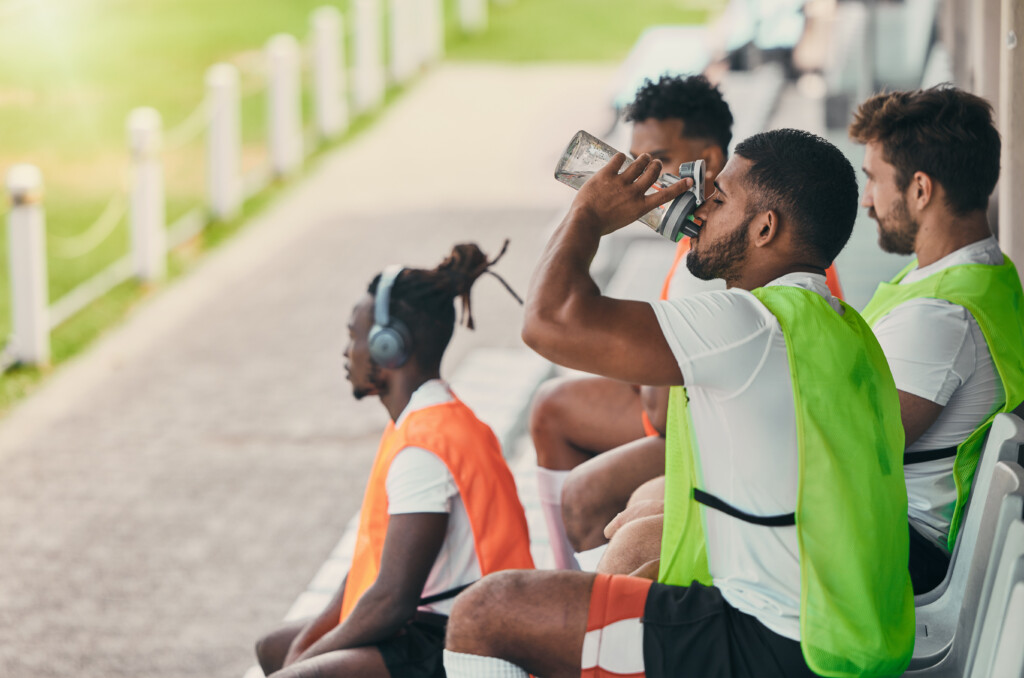Boxing and mental health benefits
Physical activity has been shown to have a multitude of mental health benefits. A recent study found that non-contact boxing appears to improve mood, self-esteem, happiness, confidence, self-agency, concentration, metabolic burden, strength and coordination. On top of this, there is evidence showing that it can provide a cathartic release of anger, aggression, stress, and the…
Diversifying sport participation: a winning approach

It turns out that what we thought was evidence-based… was not. You heard it loud and clear many times before; we should encourage children to engage in a large variety of sports and avoid falling into the trap of early sport specialization. It is a widespread and generally accepted idea that youth should engage in…
Attachment styles in athlete psychology
A relatively unexplored area of athlete psychology is the relationship between attachment styles and its relationship to mental health. A recent study dives into the role of attachment relationships to significant others (for example, parents or sports coaches) in influencing psychological needs.
AI for sport development
Despite still being in early stages of development, Artificial Intelligence (AI) advances in scope and capabilities every day. Through this development there are more opportunities to implement it in various avenues of life. A recent study highlights the relevance of AI applications to physical educational technology.
Climate and sport
The relationship between sport and the environment is important to keep in mind as climate change increasingly affects all areas of life. A recent review highlights the impacts of climate change on organized competitive sport entities.
Sports betting and gambling problems
As sports betting is becoming increasingly widespread, a growing number of individuals are involved in this form of gambling. A recent study highlights associations between sports betting and problem gambling as well as findings indicating that males with high levels of impulsivity reported more frequent engagement in sports betting and had high likelihoods of experiencing…
“It means so much for Canadian tennis”: How Marina Stakusic’s post-BJK Cup claim predicted a rise for tennis in Canada

A Canadian flag draped around her shoulders, a beaming, then-18-year-old Marina Stakusic is flanked by captain Heidi El Tabakh and Gabriela Dabrowski on the hard courts of Estadio de la Cartuja. Just minutes earlier, Leylah Annie Fernandez flung her racquet into the air and was embraced by her jubilant teammates having hit a flawless cross-court…
Injuries among female elite athletes in winter sports
Within the realm of sports academia, a notable gap exists in the examination of injuries specifically among female elite athletes in winter sports. This study addresses this gap by conducting a recent and comprehensive literature search focused on injury occurrences in alpine skiing, snowboarding, ski jumping, and cross-country skiing. The most common location injury was…
Barriers to sport participation
There are many reasons cited for the lack of participation in sports by Canadians. According to Statistics Canada, a common barrier was the cost of participation, reported by 11% of people who did not play sports. Koreans (20%), West Asians (20%), and Latin Americans (17%) were nearly twice as likely as non-racialized Canadians (10%) to…
Popular sports among Canadians
According to Statistics Canada, among those who participated in some type of sport over the previous 12 months, swimming was the most common, reported by over one-third (35%) of people. This was closely followed by cycling (33%) and running (27%).